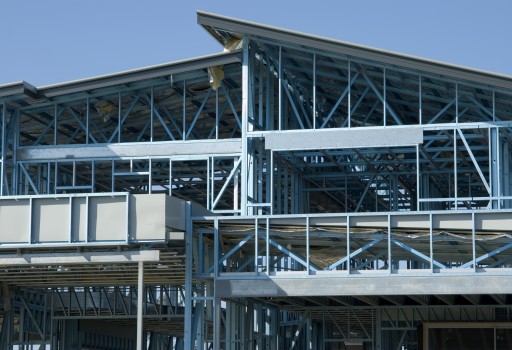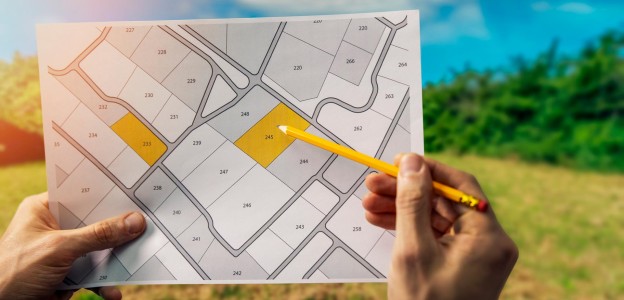06 November 2016
Property Developers And Investors: Risks Associated With Selling New Houses

Buying and selling new houses contains considerable risks for those involved. This article provides a refresher on the main risks and what you can do to manage them.
If you are a residential property developer, or an investor who buys and sells new houses, then the points below will refresh your knowledge on some of the important risks associated with your business.
You hire a builder to build the new house. On completion, you sell the house. Your biggest risk is that you’ll be liable to the buyer for failings on the part of your builder. This is because the Building Act 2004 (Act) makes you responsible to the buyer, and subsequent homeowners, for complying with the builder’s warranties implied by the Act. Any attempt to exclude or limit those warranties in the contract will be invalid. In summary, the warranties are that the works have been carried out properly and competently, with reasonable care and skill, and in accordance with the plans and specifications and the Building Code. So you might receive a claim some years after you have sold the house. Your builder will be liable as well but the homeowner will claim against you if the builder has gone under.
If you are an investor in trade who buys a new house for the purpose of on-sale, the Act also makes you liable to the buyer and subsequent homeowners for any breach of the implied warranties.
For building contracts dated on or after 1 January 2015, the Act imposes a 12-month defects liability period even if the contract states a shorter period. Homeowners will be entitled to ask you to fix defects within a reasonable period at your cost. You will not be in the clear once the defects liability period ends. The implied warranties and any other obligations relating to the building work will continue for 10 years. This is a long time to carry the risk for your builder.
In addition to paying the costs to remedy a defect or breach, you will be liable under the Act for reasonably foreseeable losses resulting from the breach. Those costs could be considerable.An example of losses that would likely be included is the replacement of carpets damaged after a defective roof leaks.
For contracts dated on or after 1 January 2015, it’s important to be aware that homeowners can no longer claim against subcontractors for defects. This means the builder will ultimately be responsible for remedying a subcontractor’s defects and you will be liable to the homeowner for those defects if the builder refuses to deal with them or goes under.To reduce your risk, the implied warranties should be included in the subcontract. In addition, the subcontract should allow you and homeowners to sue the subcontractor direct for breach.
You will probably receive a builders guarantee after completion of the works. Examples are the Registered Master Builders Guarantee and the Home First Builders Guarantee.You should not assume that the guarantee will completely protect you from the risks outlined above. Such guarantees have limitations and exclusions.We suggest you take advice from your lawyer on what is and what isn’t covered. The main issue is that a homeowner’s reasonably foreseeable losses (see 4 above) are not covered by builders guarantees so they would potentially become your responsibility.Note also that homeowners are not required to claim under the guarantee before claiming against you and/or the builder.
You will have a defence to a claim if the alleged breach is caused by:
a cause independent of human control.
someone that the builder was not responsible for (not subcontractors or employees).
failure to carry out normal maintenance.
failure to carry out repairs as soon as practicable after the defect becomes apparent.
It is important to note that defending a claim will not be straightforward. The Act puts the onus on you to prove that a defect raised by a homeowner does not exist.
What can you do to manage your risk? Here are a few points:
Select the right builder. Someone who is financially secure, has an excellent track record, and who is well established.Try not to rely only on references offered by the builder. Try to speak to other customers if you can find any.
Be very thorough in monitoring the quality of the works during the project. We would recommend hiring an expert to review at least the completion of the important stages. Do a comprehensive review of all parts of the house once finished.Notify defects immediately and ensure they are promptly dealt with.
Have a watertight building contract. It should, in particular, allow you to hold back funds until the end of the defects liability period to give the builder the incentive to return to remedy any defects.
Investors buying new houses intending to sell should obtain a comprehensive report on the quality of the house. They should require known defects to be made good before going unconditional.
There are other ways to manage the risk and we would be happy to discuss those with you. Please contact us if you need any advice, or to discuss further.
The above information is of a general nature only. You should contact our firm for advice relating to your specific circumstances.







